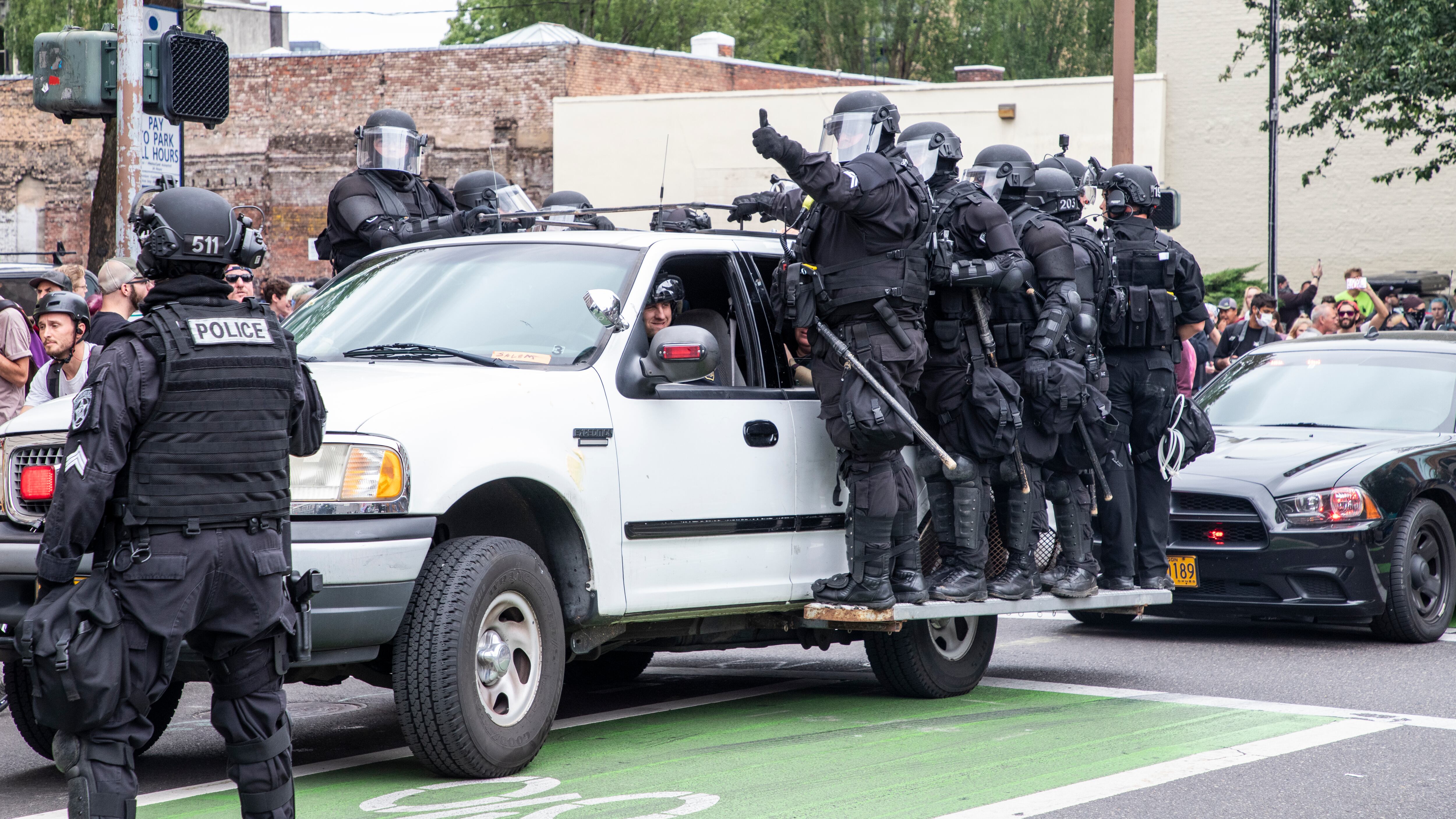The city of Portland is considering a proposal from a surprising source for what promises to be contentious contract negotiations with the Portland Police Association next year.
On June 6, Richard Alli, Jr., a partner at the Bullard Law firm, presented city commissioners with a 17-page proposal for how his firm could help the city achieve "transformational change" at the bargaining table.
Alli said in the memo his firm's advice would cost the city $250,000 to $350,000 but would pay big dividends, likely leading to an impasse at the bargaining table but a victory in the winner-take-all "interest arbitration" Oregon law relies on to settle contract disputes.
Bullard has carved out a position as perhaps Portland's go-to law firm for employers seeking to avoid unionization or defeat unions in negotiations.
Bullard, for instance, represents Fred Meyer, which along with other grocers is in bitter negotiations with 20,000 United Food and Commercial Workers in Oregon and Southwest Washington. The firm's founder, Garry Bullard, represented Portland in police negotiations in the 1970s.
But organized labor, a strong source of support for City Council candidates, looks dimly on the Bullard firm now.
Felisa Hagins, a lobbyist for Service Employees International Union Local 49, says her union has frequently encountered Bullard in its organizing efforts.
"Bullard is a competent law firm, but they have a terrible track record of treating workers poorly," Hagins says.
In his written proposal to the city, Alli suggested the city pursue a strategy of gaining concessions on work rules and discipline by in effect buying those concessions with compensation increases.
"We recommend that the City pursue transformational revisions to non-economic components of the PPA contract only if it commits sufficient resources to ensure that the economic terms of the contract are not a significant source of conflict," Alli wrote. (Alli declined to comment, saying his communications with the city are confidential.)
Three years ago, the city agreed to a 9 percent pay increase for officers over three years, in what was seen as a generous settlement in exchange for some concessions around what's called the "48-hour rule," a bargained amount of time that officers involved in shootings were allowed before the had to speak to investigators.
Critics of the police, including then NAACP of Portland executive director and now-city Commissioner Jo Ann Hardesty, said the city gave too much and got too little in those negotiations.
In an op-ed in The Oregonian, Hardesty called the 2016 contract "another smack in the face of community members" and a "pretend reform package."
Tim Becker, a spokesman for Mayor Ted Wheeler, who is also the police commissioner, says Hardesty solicited Bullard memo. Hardesty was out of town on Thursday and could not immediately be reached for comment.
Becker says the council is still evaluating whether or not to hire the firm.
"No decision has been made," Becker says.
